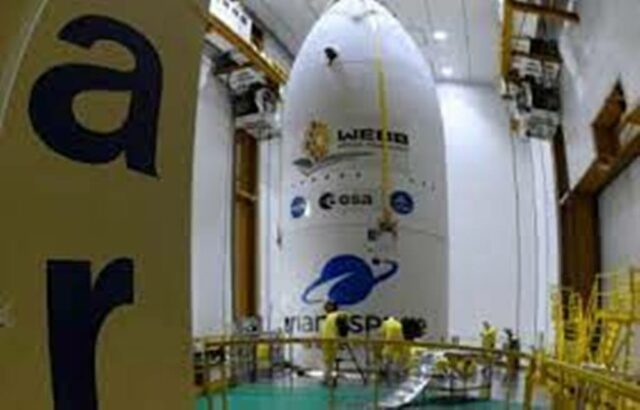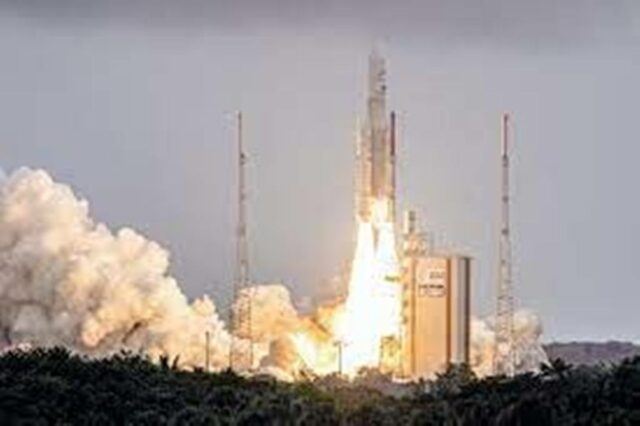The James Webb Space Telescope, a revolution in the observation of the universe that astronomers around the world have been waiting for thirty years, will stand at 1.5 million miles from Earth.
The largest telescope ever sent into space will orbit the Sun some 1.5 million kilometers from Earth with the ambitious mission of answering two fundamental questions for humanity: Where do we come from? And yes, are we alone in the universe?

Its power should allow it to scrutinize until the “cosmic dawn”, the moment when the first galaxies began to illuminate the universe after the Big Bang, 13.8 billion years ago.
It should also help understand the formation of stars and galaxies, and observe exoplanets so that astronomers discover more of them, and eventually, they can identify others like Earth in the future.
James Webb will follow in the footsteps of the Hubble telescope, which revolutionized the observation of the universe. It is thanks to him that scientists discovered the existence of a black hole in the center of all galaxies or of water vapor around exoplanets.
See the first galaxies
Conceived by NASA after the launch of Hubble in 1990 and built starting in 2003, in collaboration with the European space agencies ESA and Canadian CSA, the James Webb is distinctive in more than one respect.

Another difference is their mode of observation. Hubble scrutinizes space through visible light, but James Webb ventures into a wavelength that escapes the human eye: the near and mid-infrared, radiation that naturally emits all kinds of bodies, from stars to humans or flowers.
This light will be studied by four instruments, equipped with image processors and spectrometers to better dissect it. Its development has mobilized a multitude of engineers and scientists led by American and European laboratories and industrialists.
Thanks to this, “looking at the same objects (as with Hubble), we will see new things”, explained in Paris the astronomer Pierre Ferruit, one of the scientists in charge of the telescope for ESA.
Among them are the first galaxies, objects whose receding has caused their light to shift towards the red. Or the young colonies of stars, which grow camouflaged by clouds of dust. Or even the atmosphere of exoplanets.
An essential condition for the proper functioning of the James Webb is an ambient temperature so low that it does not complicate the examination of the light.
If it orbited 600 km from Earth like Hubble, the new telescope would be unusable, heated by the Sun and its reflection on the Earth and the Moon.
For this reason, it will undertake a trip to 1.5 million kilometers from our planet, protected from solar radiation by a thermal shield that will dissipate heat and reduce the temperature (which is 80º C) to -233º C.
Strong cooperation
In space, “strong cooperation is essential to achieve great things,” said officials from both agencies in Kourou.It will take weeks to see if the telescope is ready to go. And it won’t be until June that your exploration of the outer reaches of space begins.

